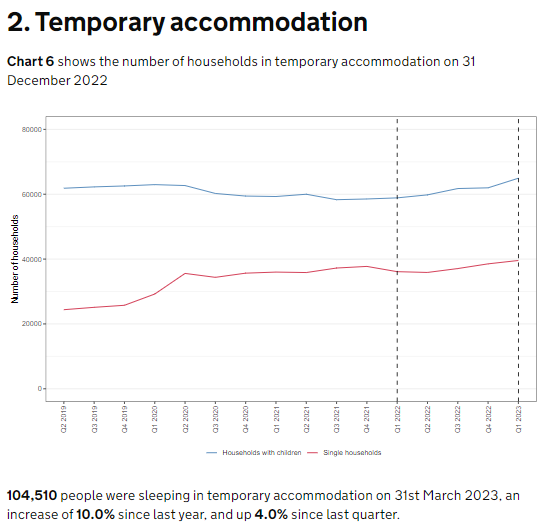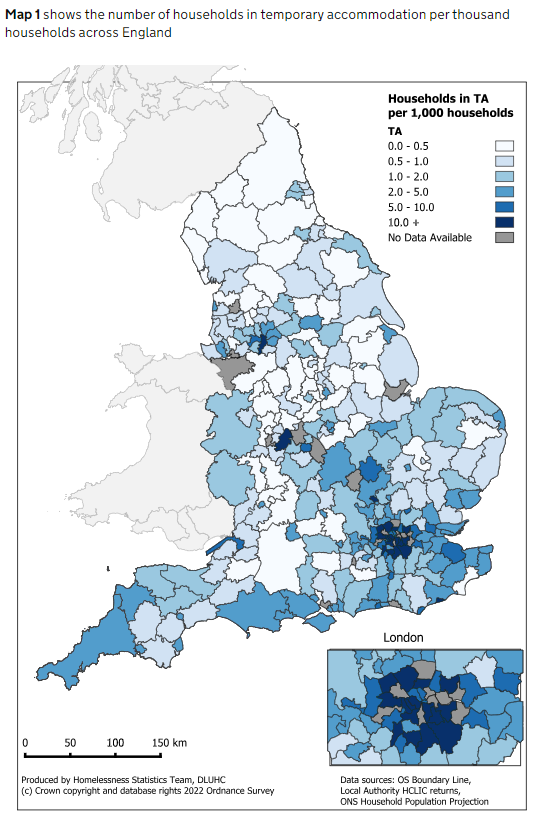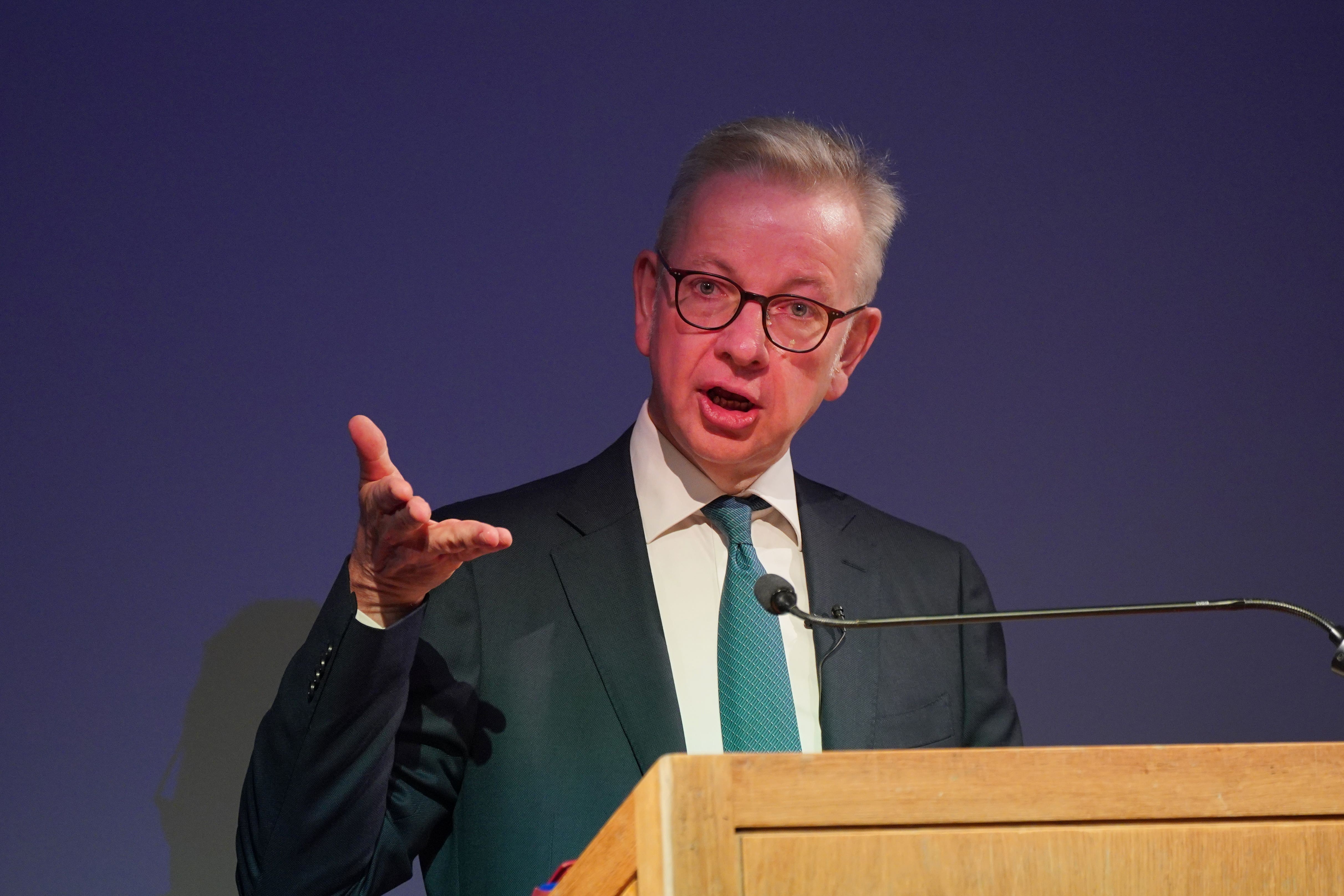A ‘shameful’ new record as 131,000 children living in temporary accommodation
Failure to build social housing – first revealed by The Independent – has condemned 105,000 families to temporary accommodation
Your support helps us to tell the story
From reproductive rights to climate change to Big Tech, The Independent is on the ground when the story is developing. Whether it's investigating the financials of Elon Musk's pro-Trump PAC or producing our latest documentary, 'The A Word', which shines a light on the American women fighting for reproductive rights, we know how important it is to parse out the facts from the messaging.
At such a critical moment in US history, we need reporters on the ground. Your donation allows us to keep sending journalists to speak to both sides of the story.
The Independent is trusted by Americans across the entire political spectrum. And unlike many other quality news outlets, we choose not to lock Americans out of our reporting and analysis with paywalls. We believe quality journalism should be available to everyone, paid for by those who can afford it.
Your support makes all the difference.A record number of families are being forced to live in temporary accommodation, figures show – with experts blaming a “shameful” lack of social housing.
A special investigation by The Independent earlier this week revealed that a majority of local authorities had failed to build a single council house last year as waiting lists continued to soar.
Now official figures show almost 105,000 households were in temporary accommodation at the end of March this year – a 25-year high. This included more than 131,000 children, the highest level since records for that measure began in 2004.
Campaigners slammed the government for failing to support the building of affordable homes and warned “the time for empty words on building social homes” had “long past”.
Matt Downie, chief executive of Crisis, said families were trapped in temporary accommodation due to “the crippling cost [of] years of no investment in housing benefit and a shameful lack of social house building”.
He added: “Not only do people not have the stability and security of a home, but they’re often left to cope in just one room, with no facilities to cook meals or do washing.” He said households across the country “desperately need more social homes”.
Paula Barker, the shadow homelessness minister, said the figures were a “shameful indictment” of the government’s record, which have “devastating consequences for thousands of families and children”.
Of the 104,510 households in temporary accommodation by the end of March – a high since records began in 1998 – 64,940 were households with children. Both of these figures are up by about 10 per cent on the same period last year.
Temporary accommodation is offered to homeless households who are waiting for their application for help to be processed and to be offered a settled home.
The latest statistics come just a day after Michael Gove said the government would slash red tape to address the housing crisis and allow shops, takeaways and betting shops to be turned into living spaces. The housing secretary also pledged to spark intensive building in cities and change planning laws to allow more home extensions.
His announcements were mocked in the House of Lords by Labour’s Baroness Taylor who said: “With over a million people on social housing waiting lists, and 7,000 social rented homes built last year, does the minister really think a few flats built over chip shops is going to solve the problem?”
There is a huge need for affordable housing, and local authorities – who were traditionally big builders of social housing – have decreased the number of homes they build in recent decades. Analysis of government data by The Independent found that in each of the last five financial years, two-thirds of councils failed to build a single home themselves.
In 2021-22, 207 out of 307 councils that provided data to the government had not built a home in that period. A snap survey of district and borough councils in England carried out by The Independent also found that just over half of local authorities did not build a single home in the whole of 2022.
As the latest figures were released, Polly Neate, chief executive at homelessness charity Shelter, said: “The time for empty words on building social homes, and overdue promises on ending no-fault evictions, has long passed.”
She added: “To end homelessness for good, we need genuinely affordable homes. Michael Gove agrees social homes are essential to solving the housing emergency, so it’s time for his government to get on and build them.”
Riverside, an organisation which describes itself as the largest provider of accommodation for people affected by homelessness, described the figures as “very worrying”.
The figures, released by the Department for Levelling Up, Housing and Communities, also show nearly 80,000 households faced homelessness in England between January and March – the highest figure since 2018.
Shelter said a major contributing factor to rising homelessness was the instability of private renting, with the loss of a tenancy now the leading cause.
In the last year, 24,060 households were threatened with homelessness as a result of a Section 21 no-fault eviction, which allows landlords to repossess their properties without having to establish fault on the part of the tenant. This is up 21 per cent compared to the previous 12 months.

Meanwhile, rent prices hit a new record in the past week, with property website Rightmove recording that the average rent outside London had risen to £1,231 per month.
The Salvation Army warned that unless the freeze on housing benefits is lifted, more families would lose their homes due to rent rises.
Nick Redmore, the charity’s director of homelessness services, said: “Today’s figures show more people than ever are losing the battle to keep a roof over their heads. Unless housing benefits are urgently raised to cover the cost of rent, the homelessness crisis will only worsen.”

Between January and March, 1,760 households were made homeless due to rent arrears, compared with 1,390 in the same period a year earlier.
Households needing help from local authorities because they were homeless or threatened with homelessness by March this year rose 5.7 per cent on the same period last year, to 83,240.

Of the 41,950 households assessed as homeless and therefore owed a relief duty – help to secure settled accommodation – by their local authority between January and March this year, 11,250 were households with children – up 12.1 per cent from the same quarter last year.
Of the households in temporary accommodation in the first quarter of the year, 13,780 were living in bed and breakfasts (B&Bs). This is up by more than a third (37.4 per cent) from the same time last year.
The number of households who were rough sleeping when they approached their local authority for help was up by almost a fifth (18.2 per cent) from the first quarter last year, to 3,770 households.
A Department for Levelling Up, Housing and Communities spokesperson said that the government was “improving the availability of social housing”.
They added: “We are committed to delivering 300,000 new homes per year and investing £11.5bn to build the affordable, quality homes this country needs.
“We are determined to prevent homelessness before it occurs. Temporary accommodation ensures no family is without a roof over their head, but we have been clear that the use of B&Bs is always a last resort.”



